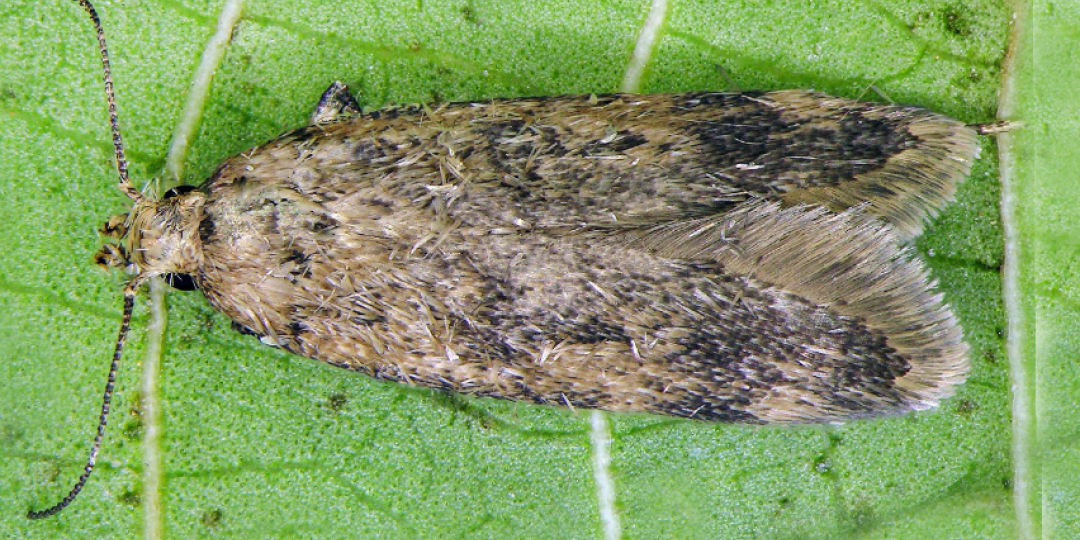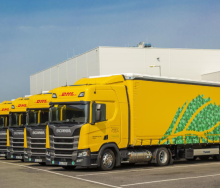South Africa has opted to take the European Union to court after it implemented new regulations for false codling moth (FCM).
In July the country lodged an official dispute with the World Trade Organization regarding the measures implemented by the EU for citrus imports.
According to Deon Joubert, Special Envoy: Market Access: Citrus Growers Association, the decision to go to court was not taken lightly but was necessary considering the massive impact the new regulations will have on the South African citrus industry if forced to comply.
“The EU measures are a restriction and impediment to trade. The good news is that last week South Africa took the EU to court. We are the first country to do so,” he said at a gathering of the Exporters Western Cape.
“In terms of the court process, it means that the lawyers from both parties are meeting and consulting. Our understanding from this process is that the first few days have gone reasonably well.
“They are currently busy with the second round of consultations in this process.”
This comes after the EU implemented a new requirement in June that will force southern African countries to implement extreme cold treatment to rid fruit of FCM.
Joubert said the measures were considered drastic and misinformed, saying it was a non-tariff trade barrier.
“Not only that but the new requirement was published on June 21 and we were expected to comply by June 24. This was completely unreasonable.”
According to Joubert, the regulation has already cost the industry R265 million thus far, but should South Africa lose its bid to stop the EU the cost will go up exponentially due to the infrastructure spent to allow for the cold treatment process required.
He said the dispute with the EU had the potential to disrupt the citrus industry significantly.
“If this regulation stays in its current form, up to 20% of citrus will not get to Europe. The impact on our industry could be massive.”
Joubert said the local citrus industry felt the regulation was disproportionate, considering that 99.9% of South African exports were FCM-free.













